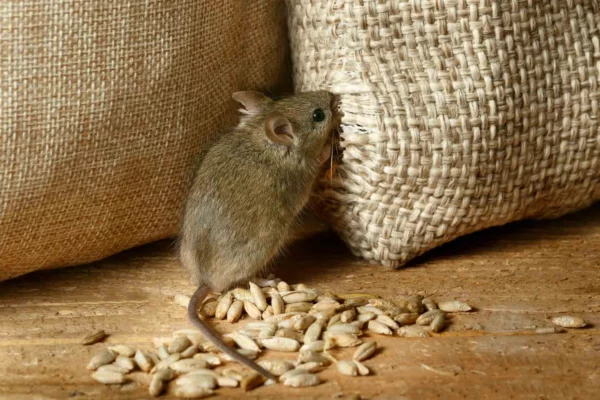You’ve done the right thing. You heard the scratching in the walls, spotted the droppings, and set a few traps. But somehow, the rats are still there. If you’re asking yourself, “Why isn’t this working?”, you’re definitely not alone.
Many homeowners in Ipswich face the same problem. In this guide, we’ll explore the most common reasons why rats might still be active even after traps have been placed, and why calling in the best pest control in Ipswich could be your next best move.
Common Mistakes That Make Traps Less Effective
1. You’re Only Catching a Few Rats, Not the Whole Colony
Traps can be effective, but they usually only catch one or two rats at a time. In most cases, if you’ve seen one rat, there are likely many more hiding out nearby. Rats live in groups, and a small handful of traps won’t stop a full-blown infestation.
2. Poor Trap Placement in the Home
Rats don’t wander through your home randomly. They follow regular, hidden paths along walls, under appliances, and in dark corners. If you’ve placed traps out in the open or away from their usual routes, they probably won’t go near them.
3. Using the Wrong Bait or Handling It Incorrectly
Not all rats will go for the same bait. While peanut butter is a common choice, rats are picky and may ignore it if something else smells better. If traps carry too much human scent, they may also avoid them altogether.
Overlooked Factors That Keep Rats Coming Back
4. Openings and Entry Points Go Unnoticed
You might be removing some rats, but new ones could still be sneaking in. Rats can enter through tiny openings in your walls, roof, vents, or plumbing. Unless you seal every possible entry point, you’ll likely see a new wave of activity soon.
5. Your Home Still Has Attractions for Rats
Rats are drawn to food, water, and shelter. That includes open bins, pet food, compost heaps, and clutter. Traps may remove individuals, but unless these attractants are dealt with, the rest of the colony will stick around or new ones will take their place.
6. Rats Are Smarter Than Expected
Rats are very intelligent animals. If they’ve seen others get caught in traps or survived near misses themselves, they can learn to avoid danger. These trap-shy rats often require more advanced control strategies than what’s found in DIY kits.
7. The Rat Population Is Growing Faster Than You Can Manage
A single female rat can have up to 60 babies in a year. If you’re catching one rat a week, but they’re breeding faster than that, the infestation can grow behind the scenes even while you’re making progress.
At this stage, it’s best to call in the experts. A trained technician from RJM Pest Solutions can identify the full extent of the problem, block access points, and implement a customised rat pest control plan that targets both visible and hidden threats.
This ensures not only immediate relief but also long-term prevention, giving you peace of mind that the problem is truly under control.
Long-Term Rat Control Requires More Than Traps
Traps are a helpful tool, but they don’t fix everything. They don’t stop rats from entering, and they don’t address the reasons they were drawn to your home in the first place. A proper rat control plan includes identifying what’s attracting them, closing off access, and treating the problem with a strategy that’s tailored to your environment.
If you’re ready to put an end to the frustration, contact RJM Pest Solutions. With years of experience in rat control across Ipswich, their team can inspect your property, create a treatment plan, and help make your home rodent-free again. It’s the smart way to protect your home and peace of mind.

